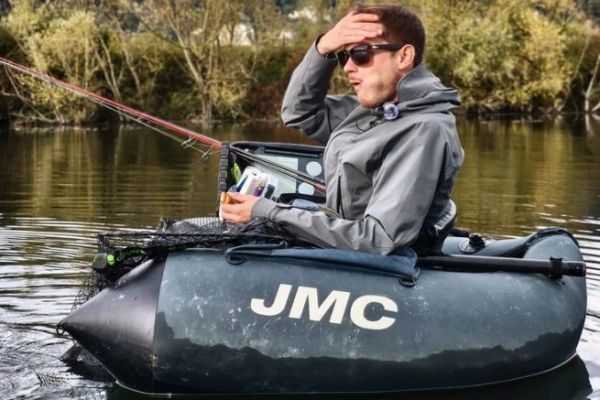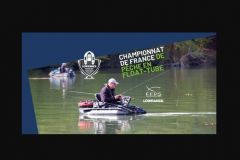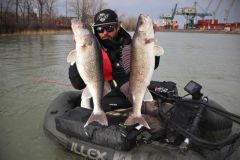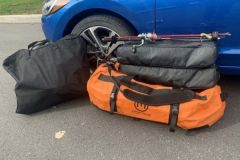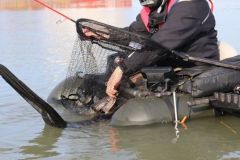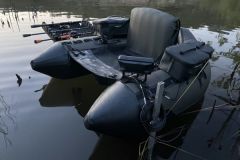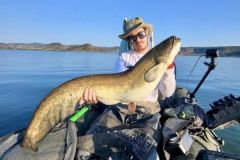A new approach to tourism
France, a land of fresh water. With its 620,000 kilometers of rivers and 623,000 hectares of waterways, our country abounds in natural treasures that are often overlooked and under-exploited. And yet.., 84% of French people live less than 30 minutes from a river or body of water, and 45% less than 10 minutes according to the study "Streams and watercourses and their biodiversity: perception and level of knowledge of the French and anglers" carried out by the Fédération nationale de la pêche in September 2023. So why are these riches still so little appreciated in our tourism model?
Long overshadowed by the coastline and its seaside resorts, inland waters are still struggling to carve out a place for themselves in the collective tourist imagination. And yet, they offer unique experiences that are calmer, more accessible and more authentic. Since the health crisis, people's desires have changed: they're looking to reconnect with nature, explore their territory in a different way, enjoy local adventures... whatever the season.
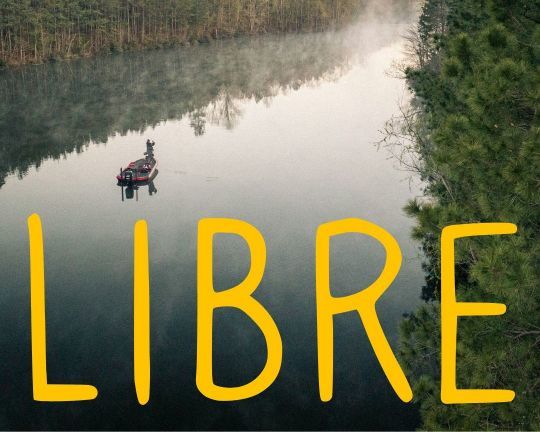
This shift towards local, responsible tourism has become a real lever of attraction for many rural communities. But the key is to be able to welcome the public in the right conditions. And here, the obstacles are numerous: lack of resources, seasonal limitations, lack of infrastructure. Leisure centers, often concentrated around major conurbations, don't cover the whole country, and are only open for 4 months of the year, without even offering boating equipment for hire.
Freshwater, a privileged playground
In this context, one practice stands out as a formidable catalyst: recreational fishing. With over 1.5 million members it is the france's second-largest federation behind soccer. Intergenerational, inclusive and connected to biodiversity, it embodies a sustainable leisure activity in tune with today's aspirations. And freshwater is the ideal playground: 2.4 million regular anglers fish here every year .
But how can these areas be discovered in ways other than through the traditional prism? The answer may well lie in flexible, all-season, on-board tourism.
Imagine: in spring, when nature gently awakens, in autumn under the warm colors and low-angled light, or even in winter for the more curious. Sailing a float tube, kayak or bass boat becomes a way of immersing yourself in the landscape, reconnecting and feeling.
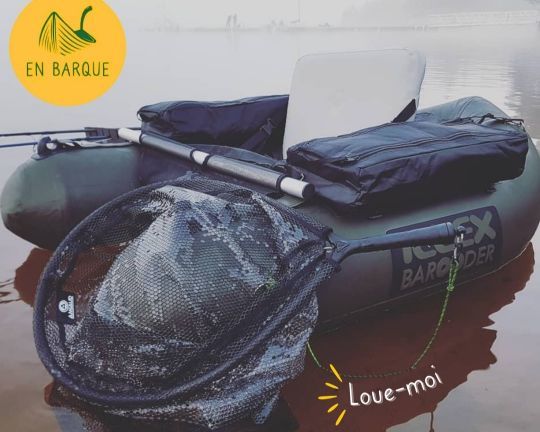
This is the logic behind the emergence of new models, like the one proposed by En'Barque. Without imposing its own brand, this Normandy-based initiative offers intelligent networking, enabling anyone â?" local authorities, individual anglers or professionals â?" to rent a boat simply and locally, all year round. It's also an opportunity for enthusiasts to try out top-of-the-range models that were previously inaccessible, as part of a pre-purchase experience.
And that's not all. His goal is that for every rental completed, 3 to 5% of sales can be donated to local initiatives to protect and study the aquatic environment . A concrete way of making water-based tourism a genuine lever for ecological transition.
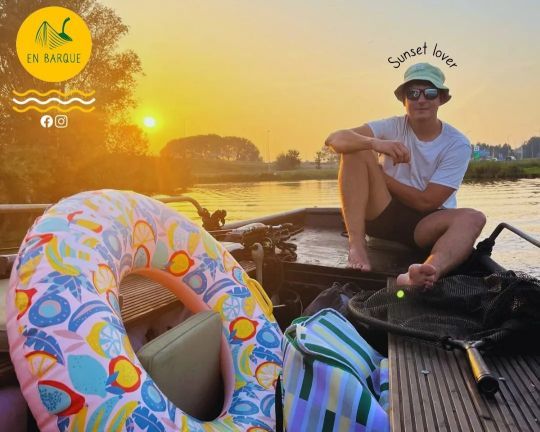
Freshwater sailing is no longer a luxury. It's a new way to travel. And it starts here, close to home.
